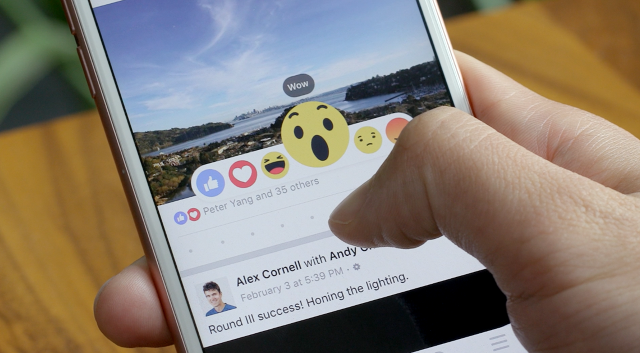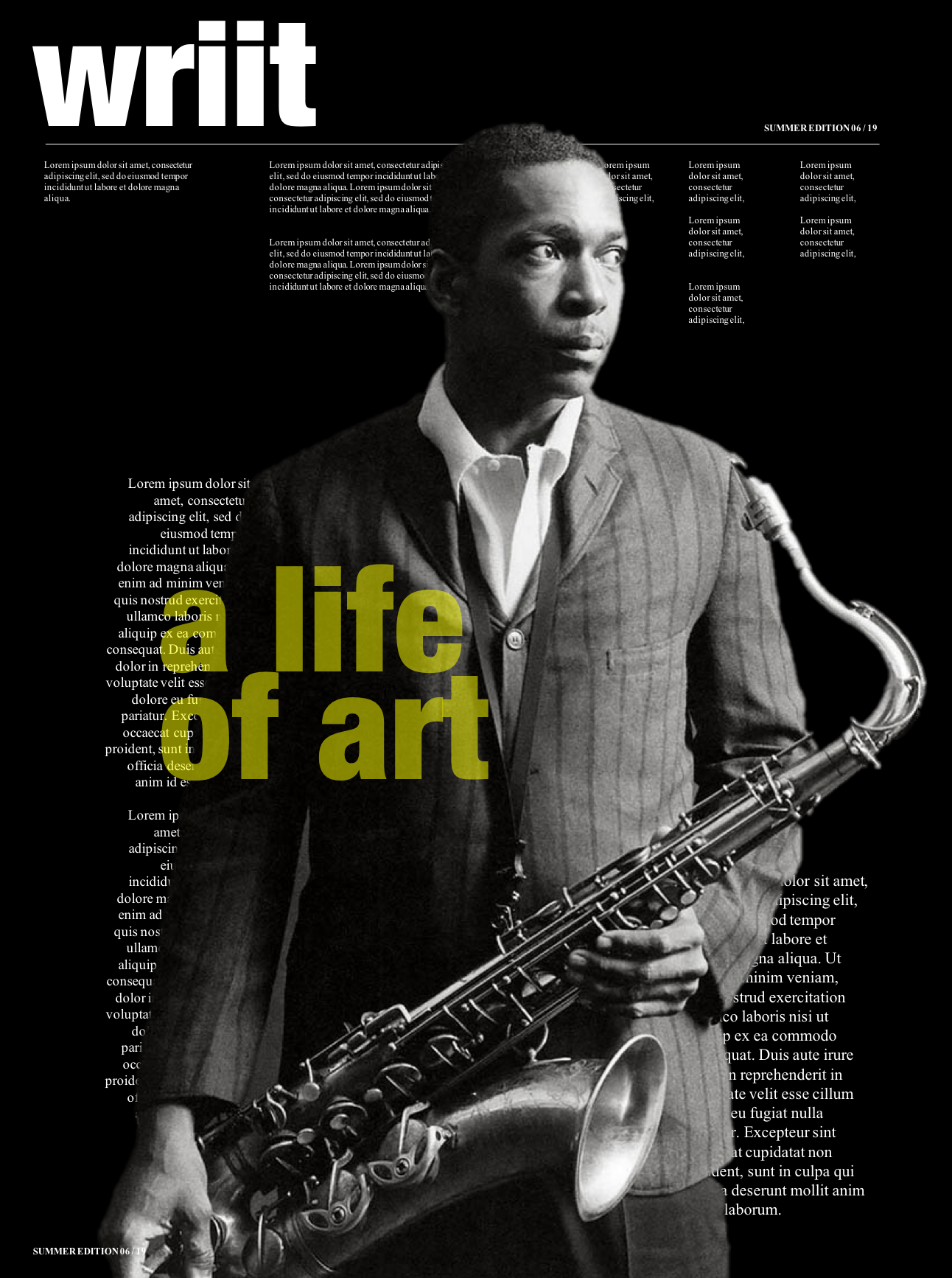The fashion company is back in the provocative ad game with its “Face of the City” campaign.
At first glance, the models in the new United Colors of Benetton advertisements, “Face of the City,” look like women you’d see in any other of the clothing company’s famously provocative and racially diverse ad campaigns: uncannily pretty, clean cut, all different ethnicities. But the one big difference? These women aren’t real. Rather, they’ve each been algorithmically generated to represent, to a T, the ethical make-up of different global cities.




